 Find out more
Find out more
Celebrating ISKL's 60th Anniversary
In a year's time - April 2025, ISKL will celebrate a major milestone – our 60th anniversary 🥳
We will be reflecting on sixty amazing years filled with stories of learning, cherished memories, and lifelong friendships that span the world.
We are excited to celebrate this momentous occasion with events and projects that will bring the ISKL community together.


 Learn more about the program
Learn more about the program
Calling All ISKL Alumni! 📣
Join us in making a lasting impact with just 30 minutes a month! This annual nine-month program runs from October to June and is open to everyone in the ISKL family—students, parents, faculty, and staff!


 Find out more
Find out more
Would you like to come and visit our campus?
We look forward to welcoming you back to the ISKL Campus and creating new memories together.


 Register Here
Register Here
The International School of Kuala Lumpur
Alumni Community
Join our vibrant community to catch up with old friends, meet other alumni working or studying in your field or region, and stay informed about ISKL Alumni and school events and news.




The International School of Kuala Lumpur
Alumni Community
Join our vibrant community to catch up with old friends, meet other alumni working or studying in your field or region, and stay informed about ISKL Alumni and school events and news.
Register Here


The International School
of Kuala Lumpur
Alumni Community
Join our vibrant community to catch up with old friends, meet other alumni working or studying in your field or region, and stay informed about ISKL Alumni and school events and news.
Register Here
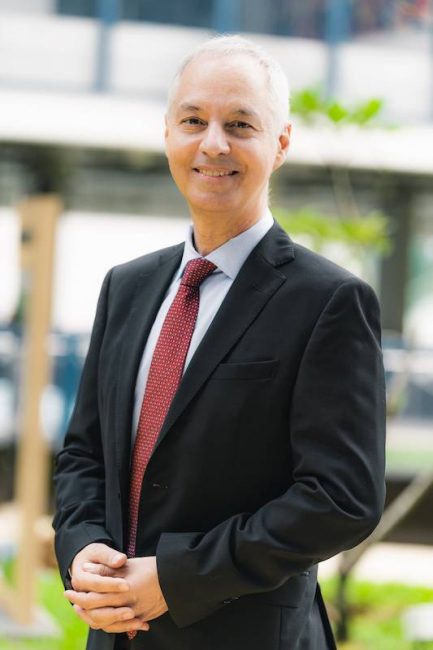
Selamat Datang/Welcome
ISKL’s positive, caring and collaborative culture was evident from the very first moment I stepped on campus more than 11 years ago. This same culture is evident in the active involvement and strong connection of our alumni family all around the world who regularly come back to visit, organize reunions, share their news, memories and insights, and support those who follow in their footsteps.
We deeply value the connection with past students, parents, faculty and staff who have all shared the unique experience that is ISKL. We encourage you to continue to share the Panther spirit and register below to stay involved and engaged with our community through this, our new ISKL Alumni Community website. The journeys of our alumni portray an important aspect of our success and effectiveness as a school. Your continued engagement and feedback will help us be a better school.
We look forward to hearing about where your journey has taken you and welcome the opportunity to strengthen our connection as a united ISKL global community.
Yours in partnership,
Rami Madani
Head of School
Alumni Reflections

Connect with other members
All things are connected like the blood that unites us. We do not weave the web of life, we are merely a strand in it. Whatever we do to the web, we do to ourselves
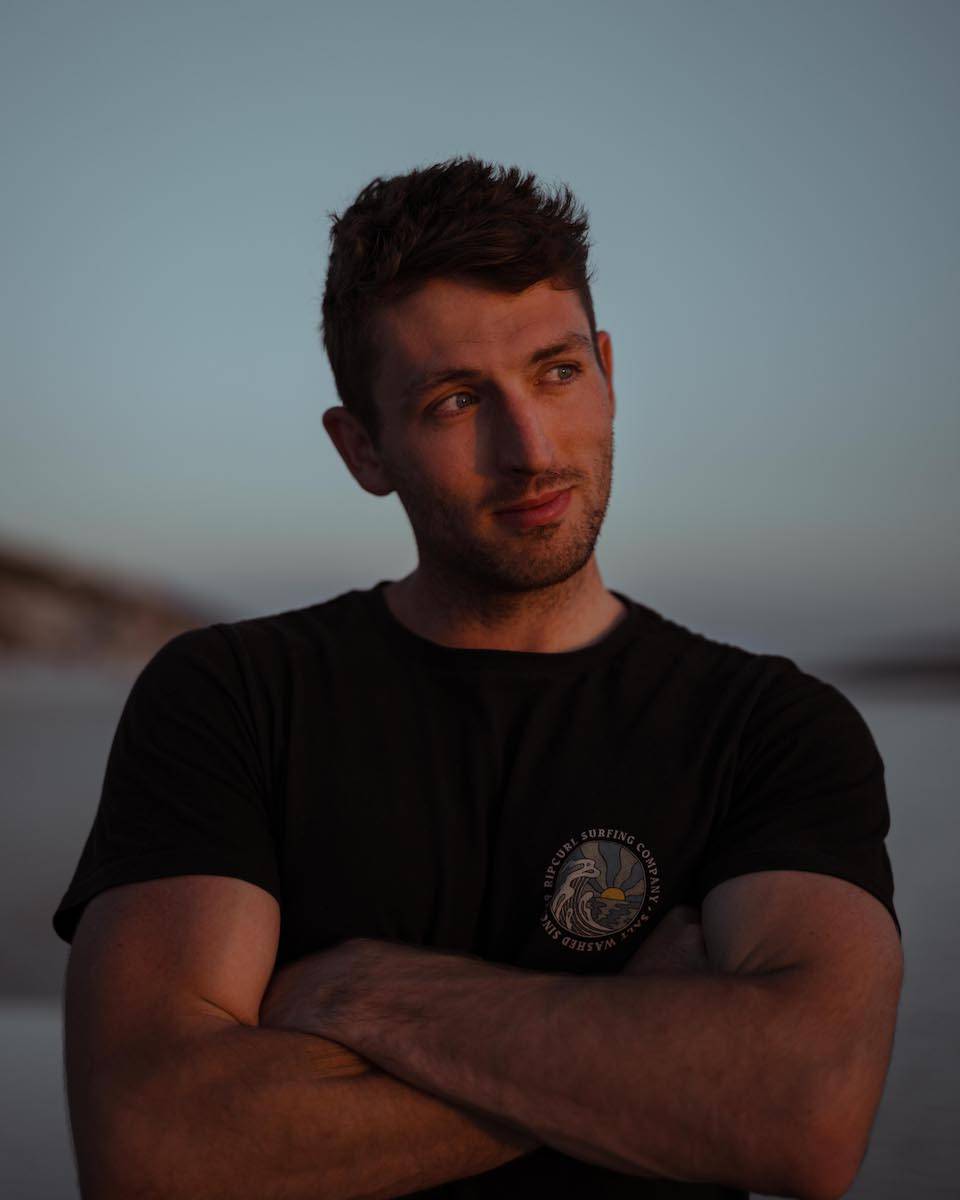
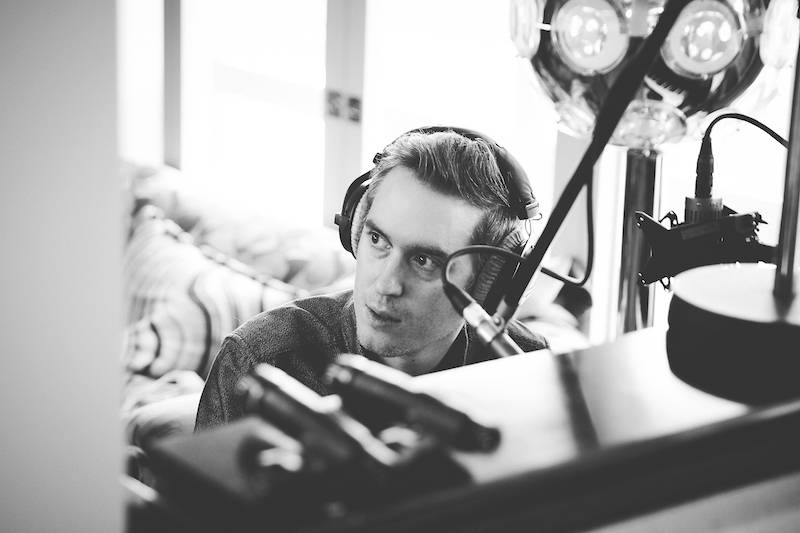
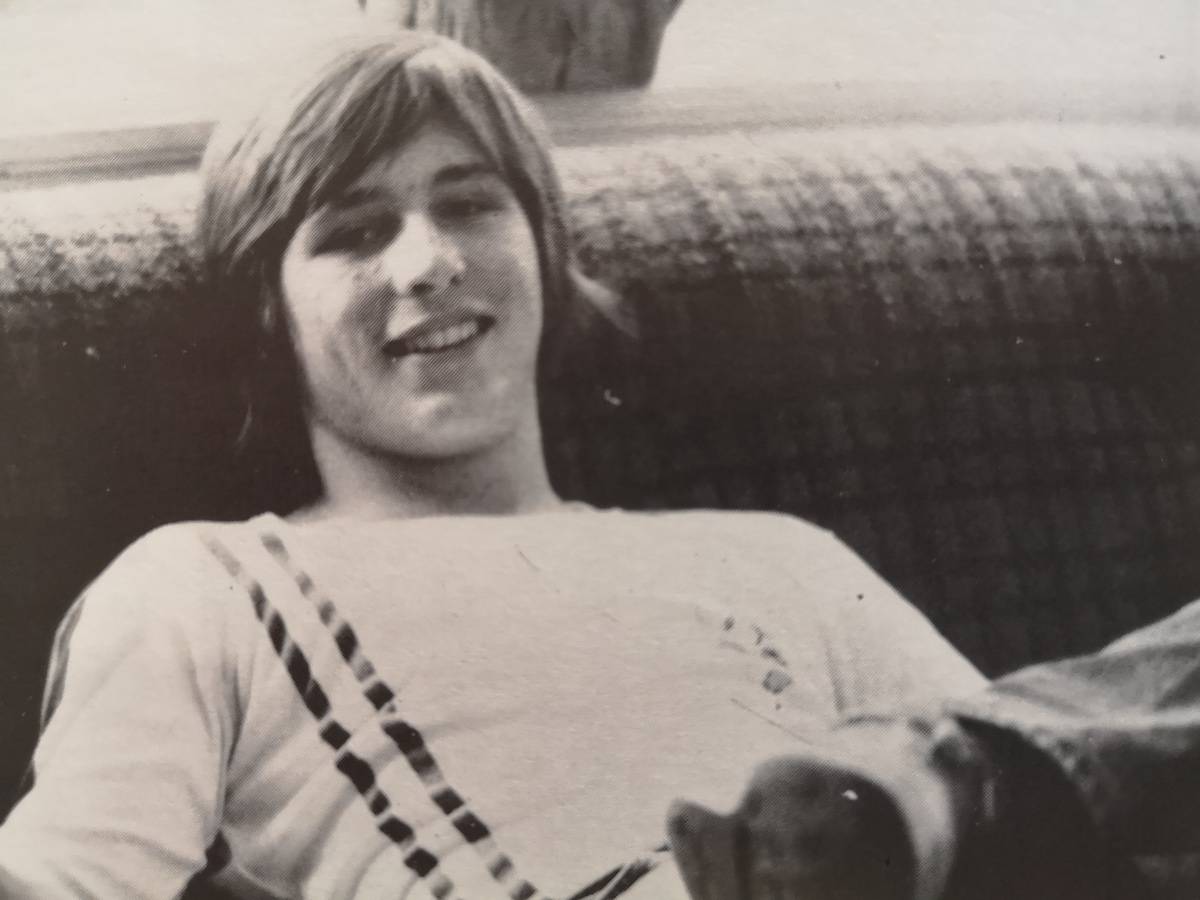
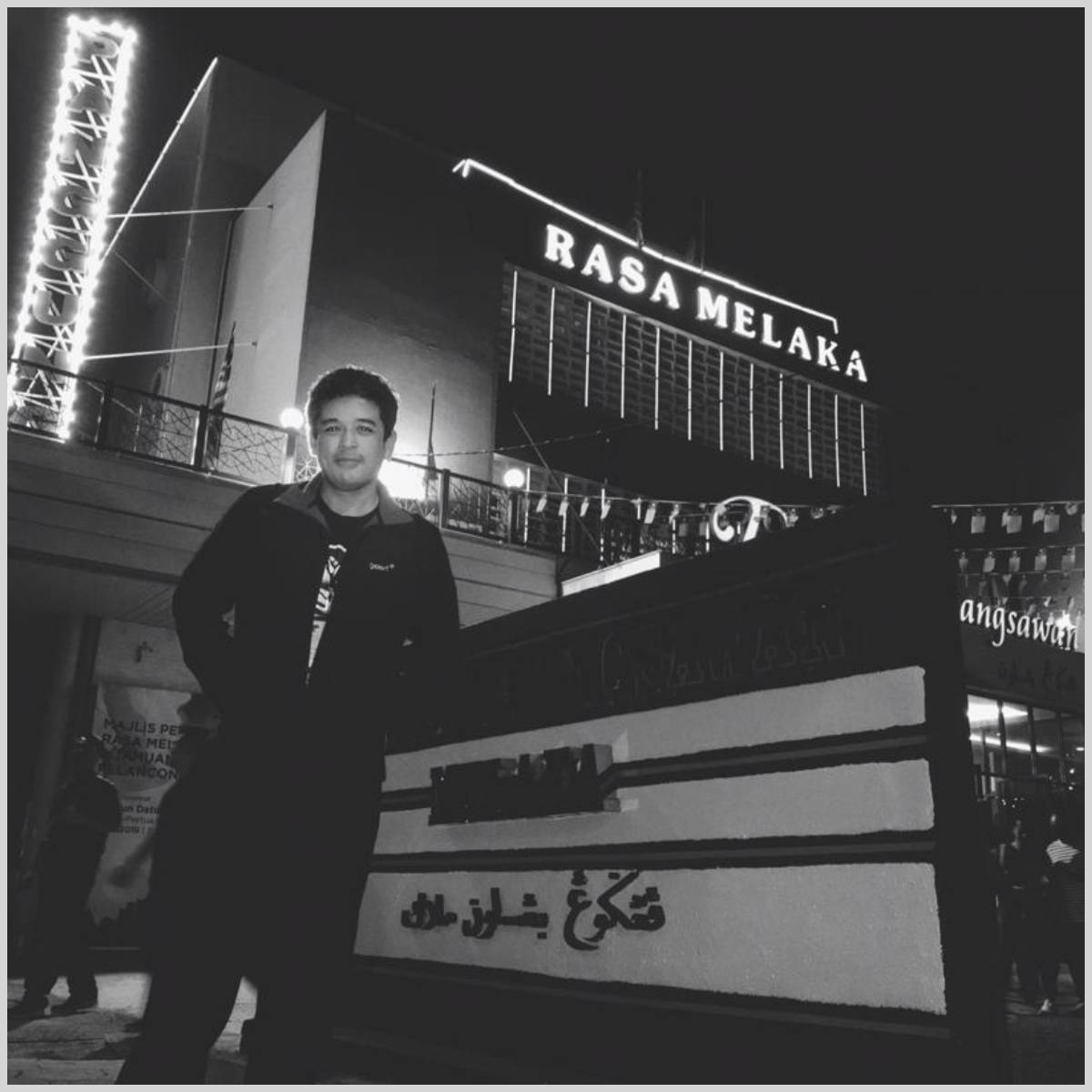
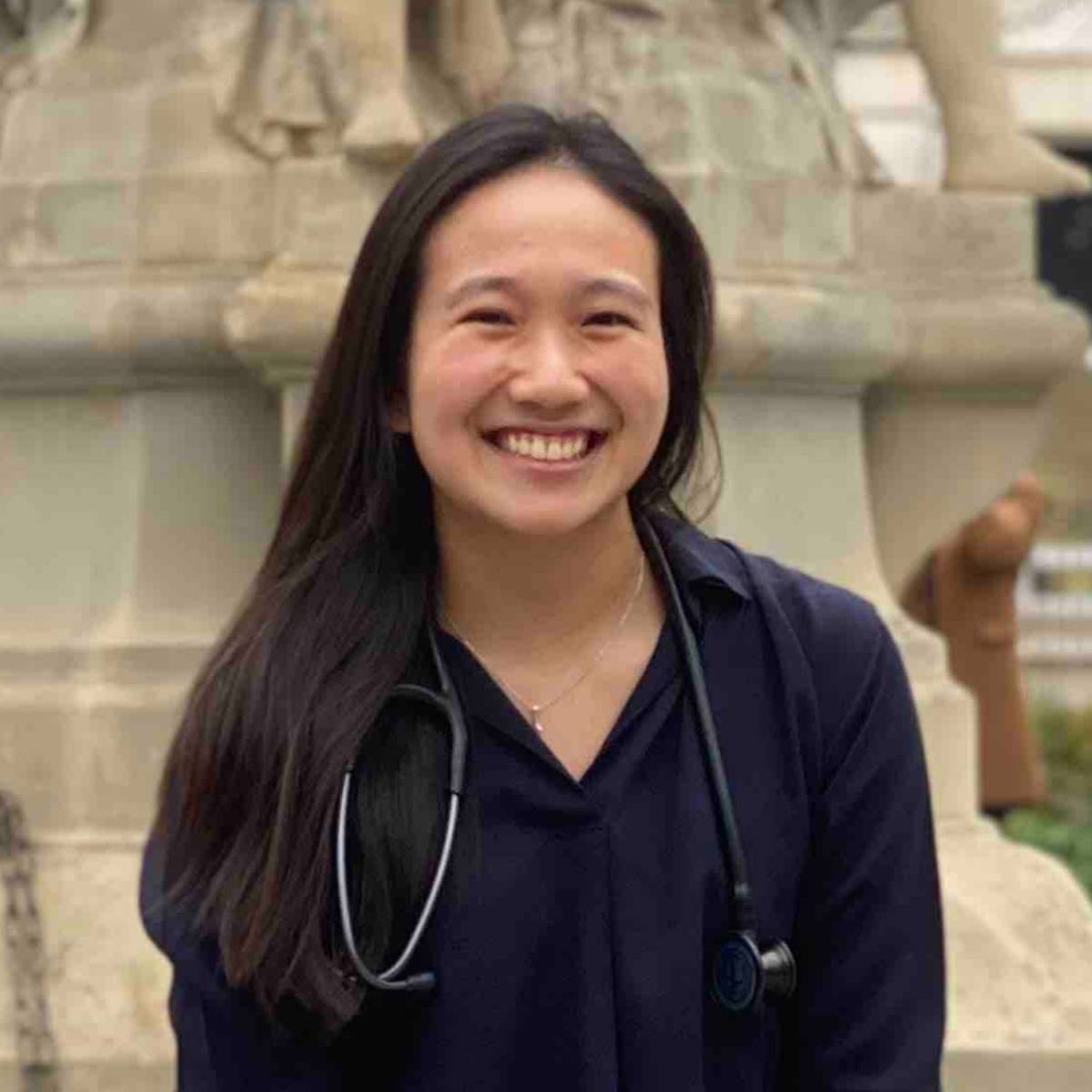
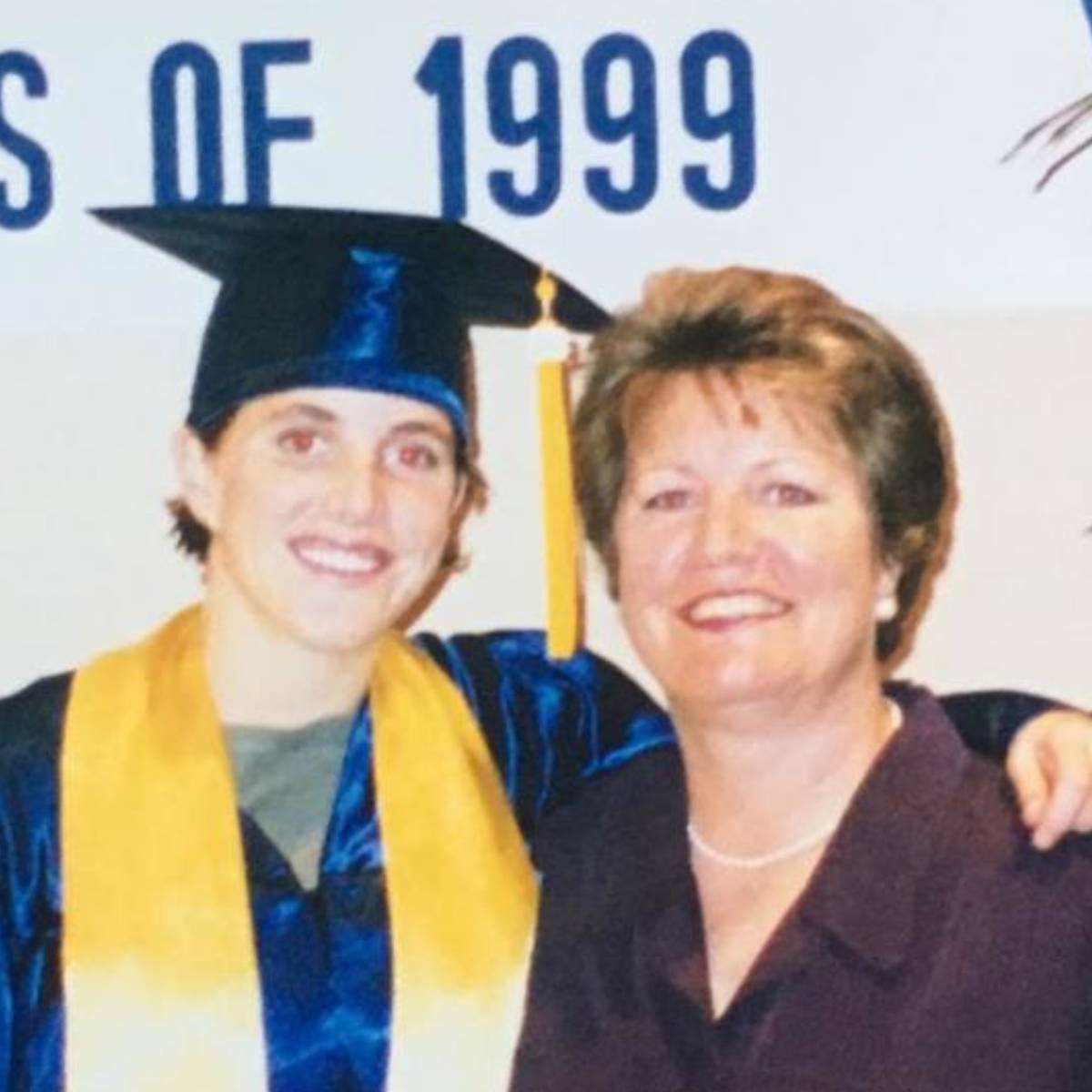
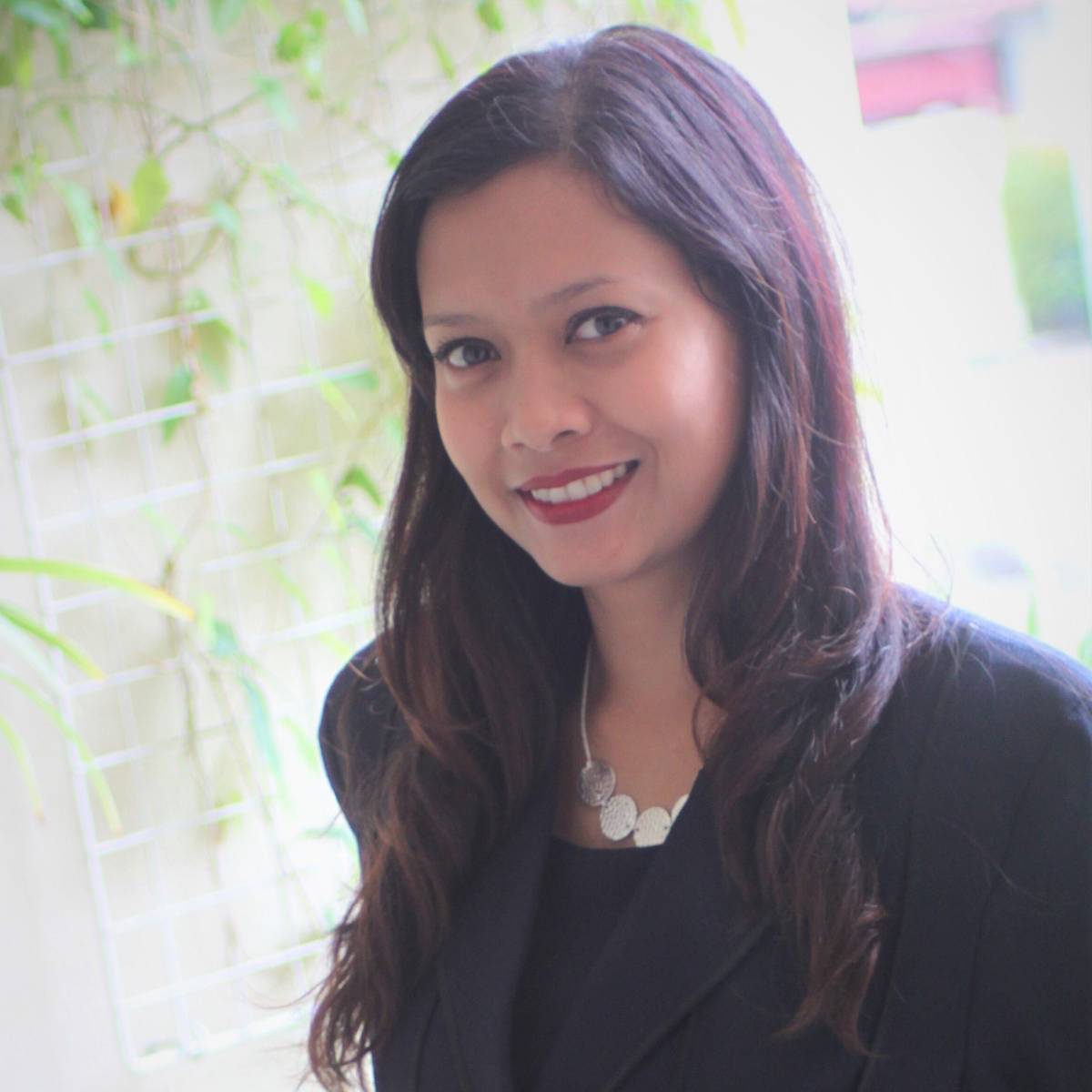
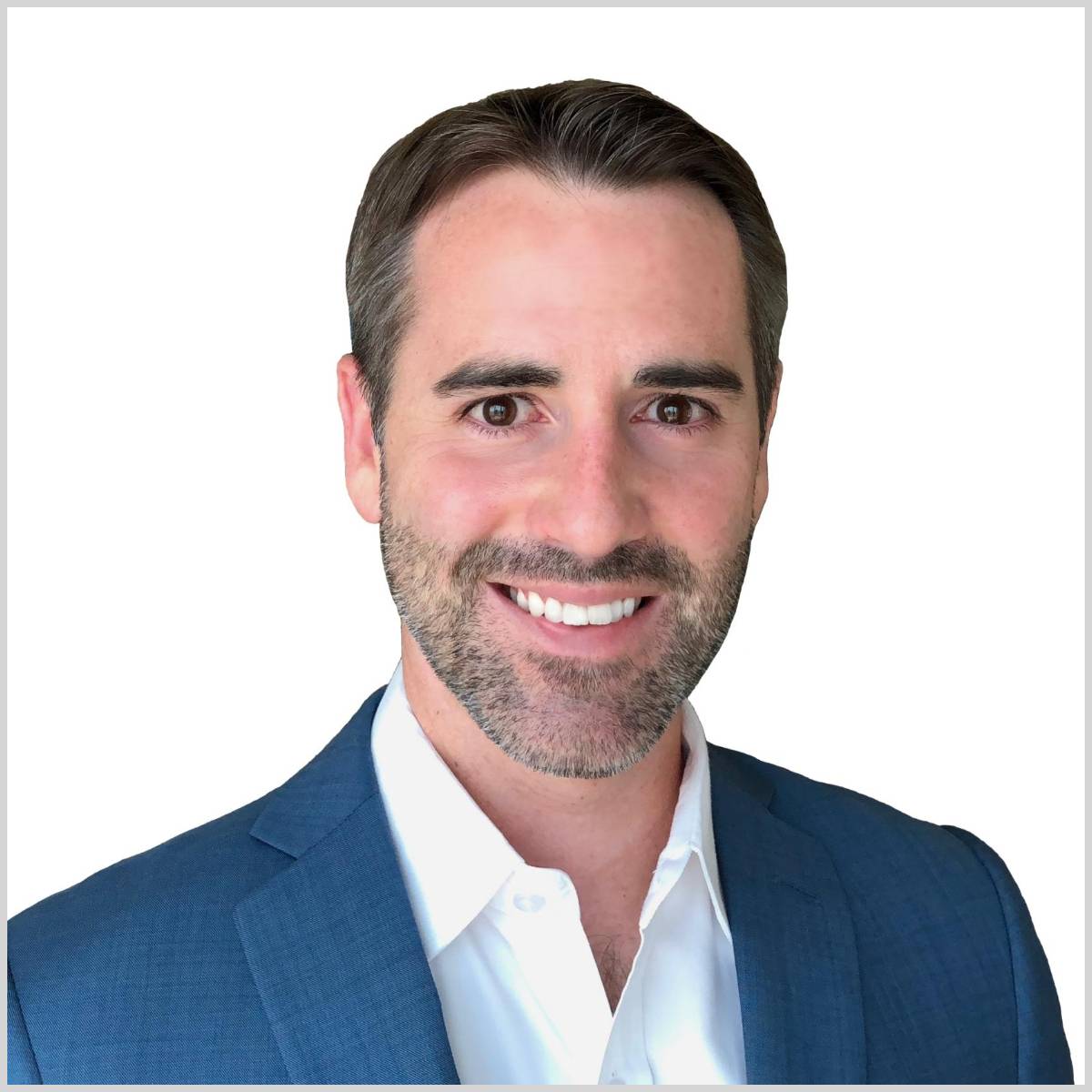
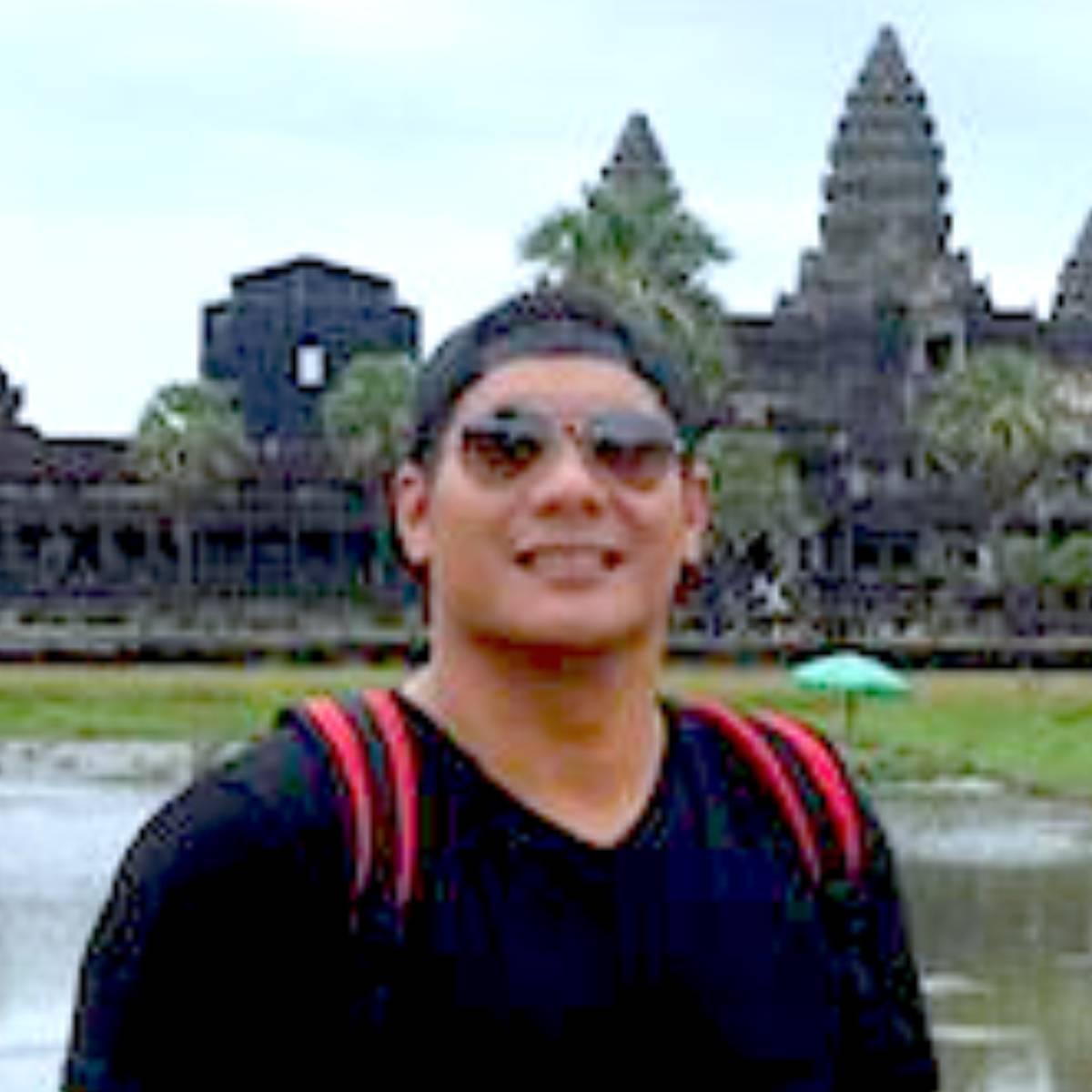
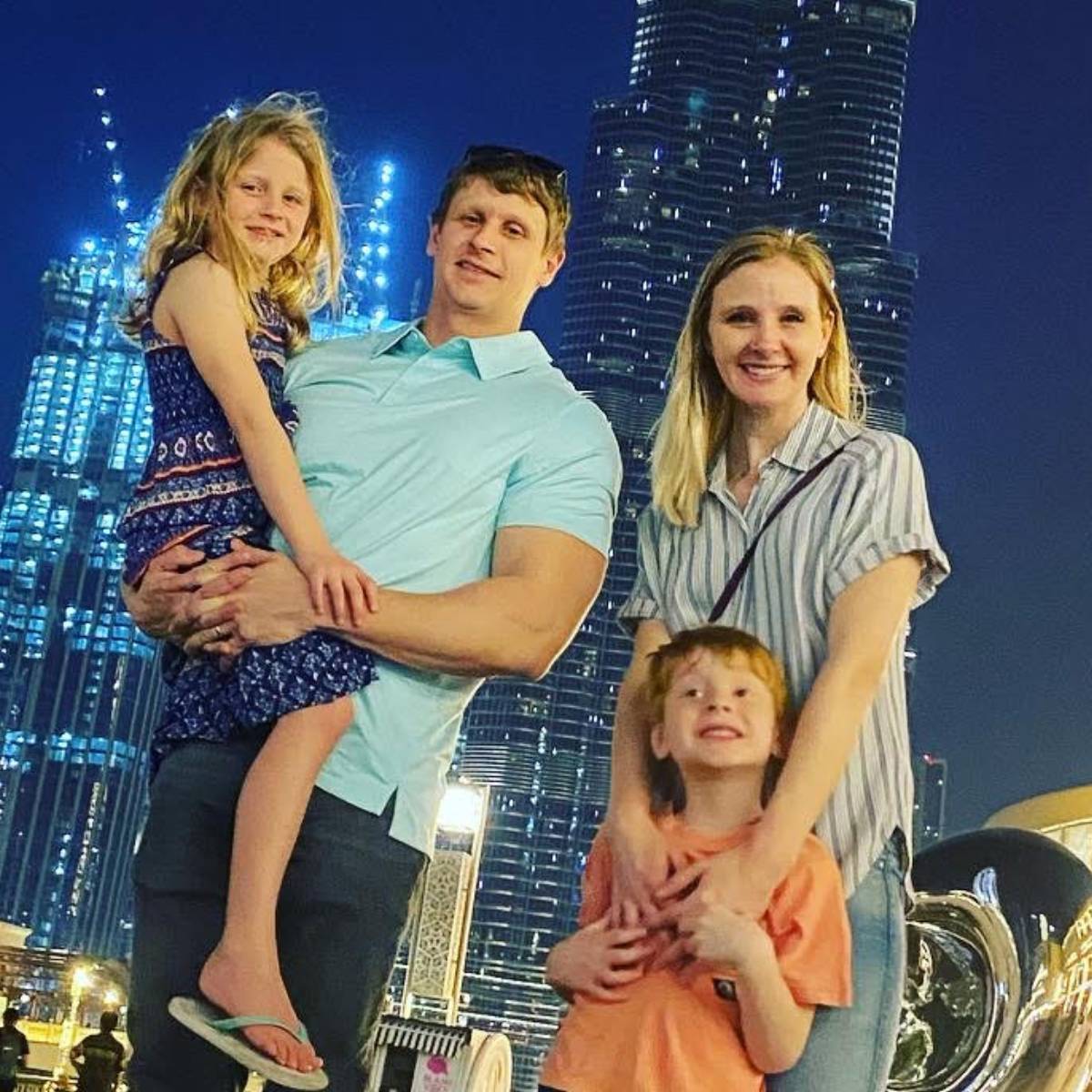
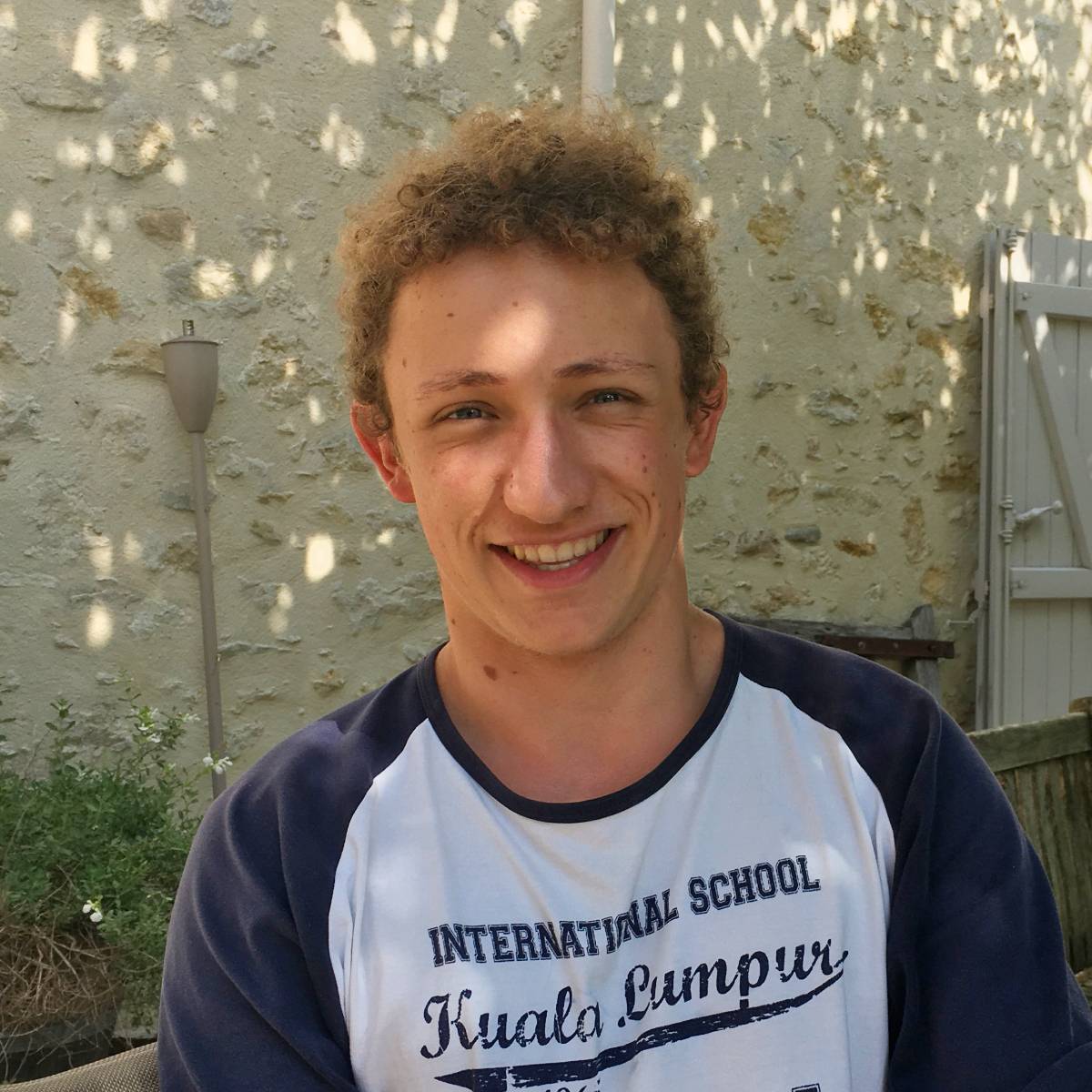
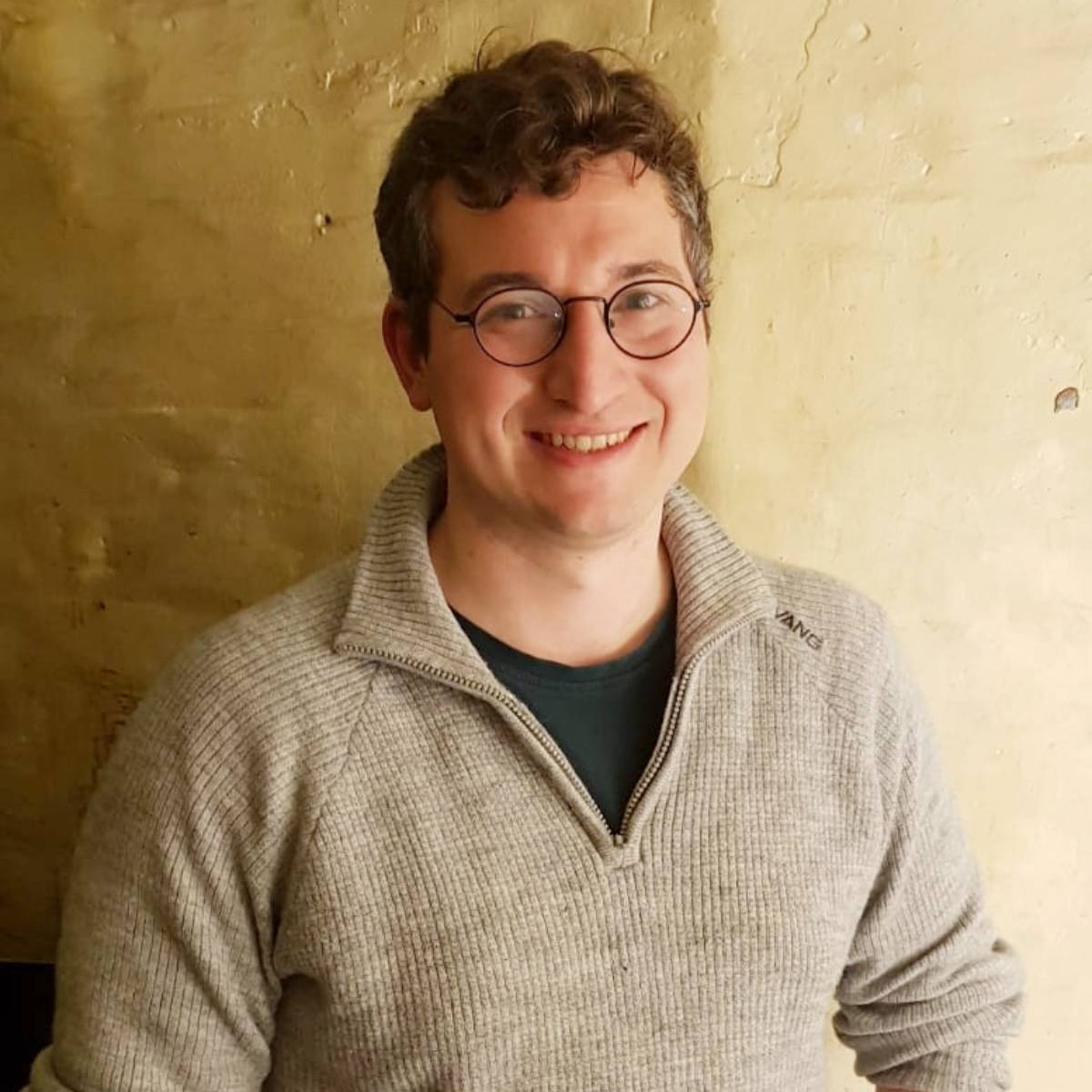
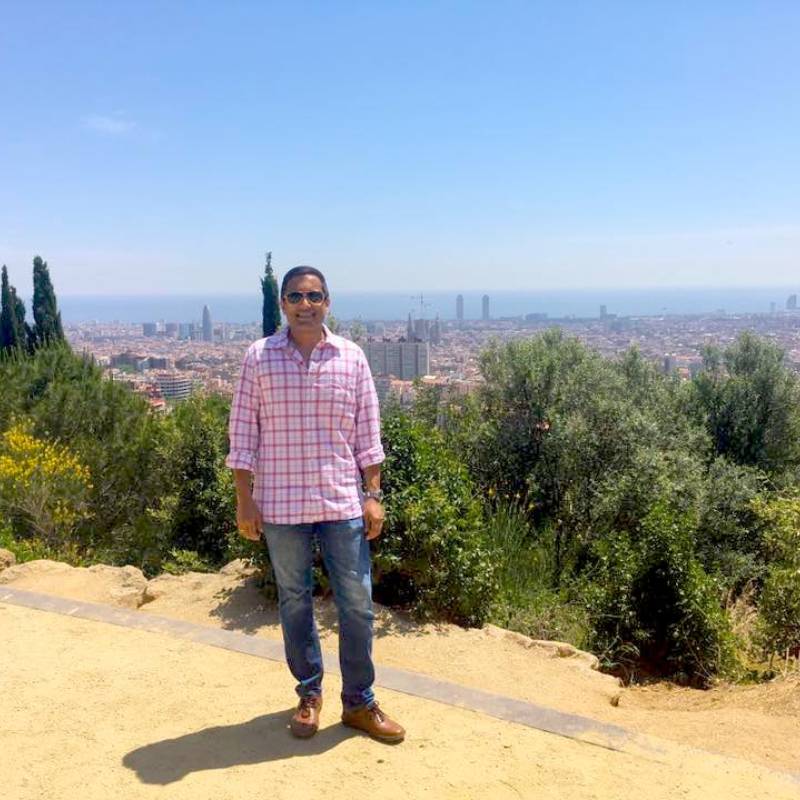
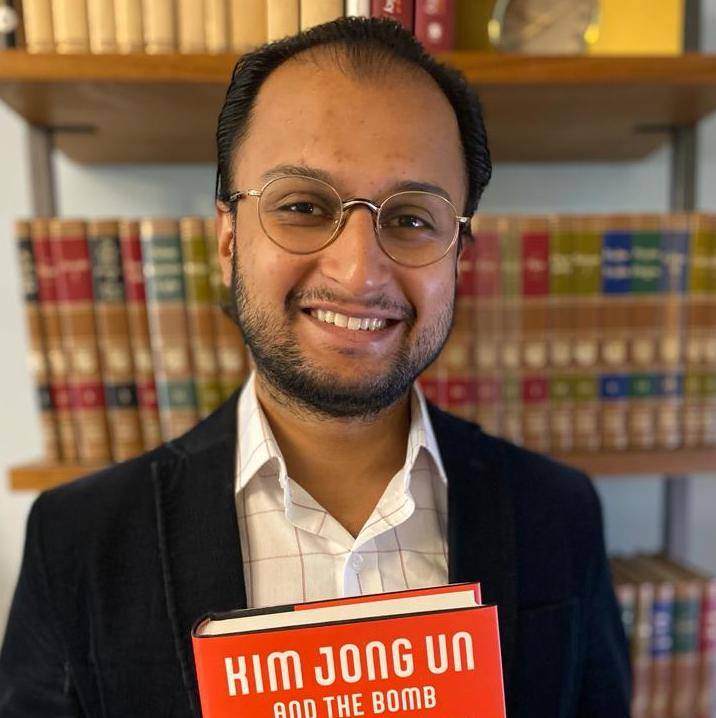
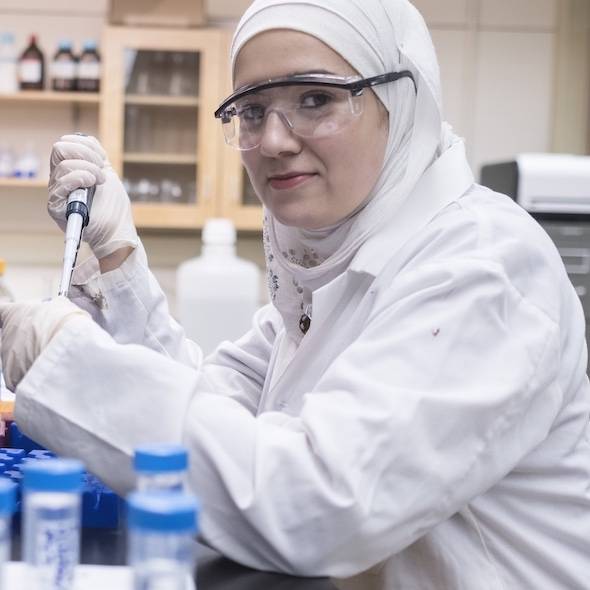
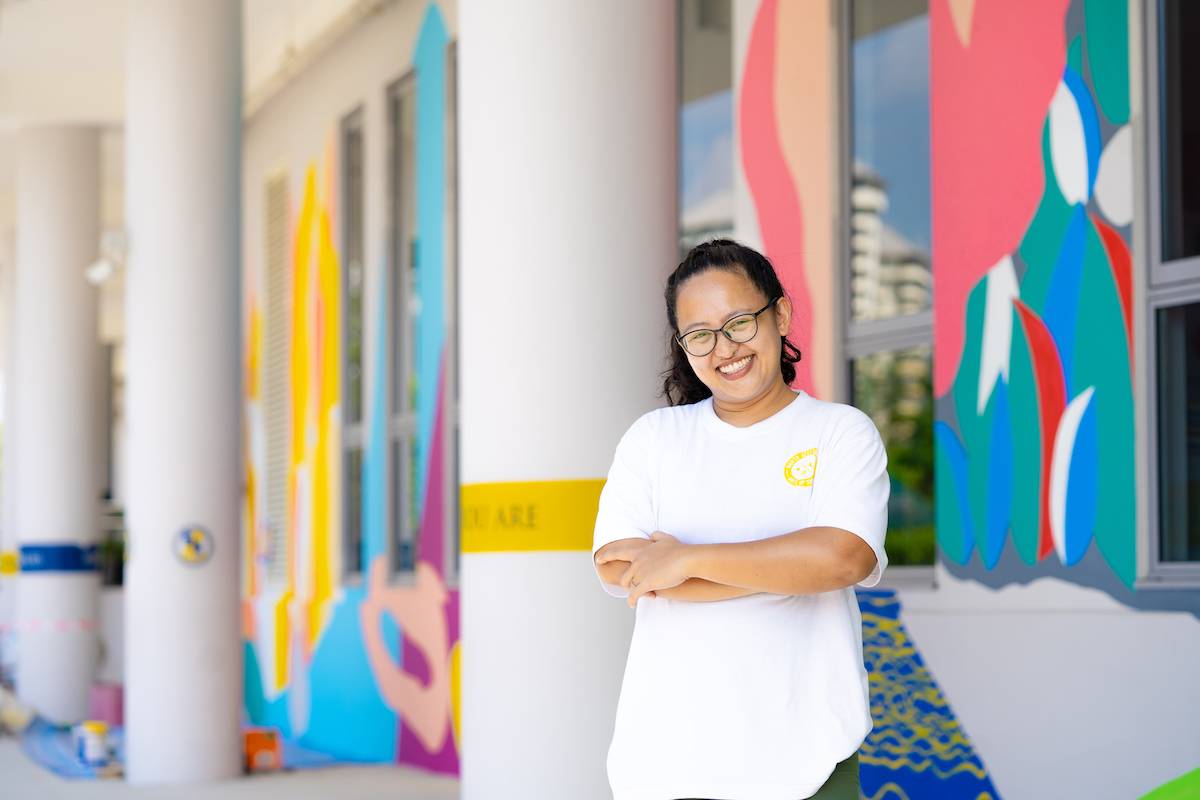
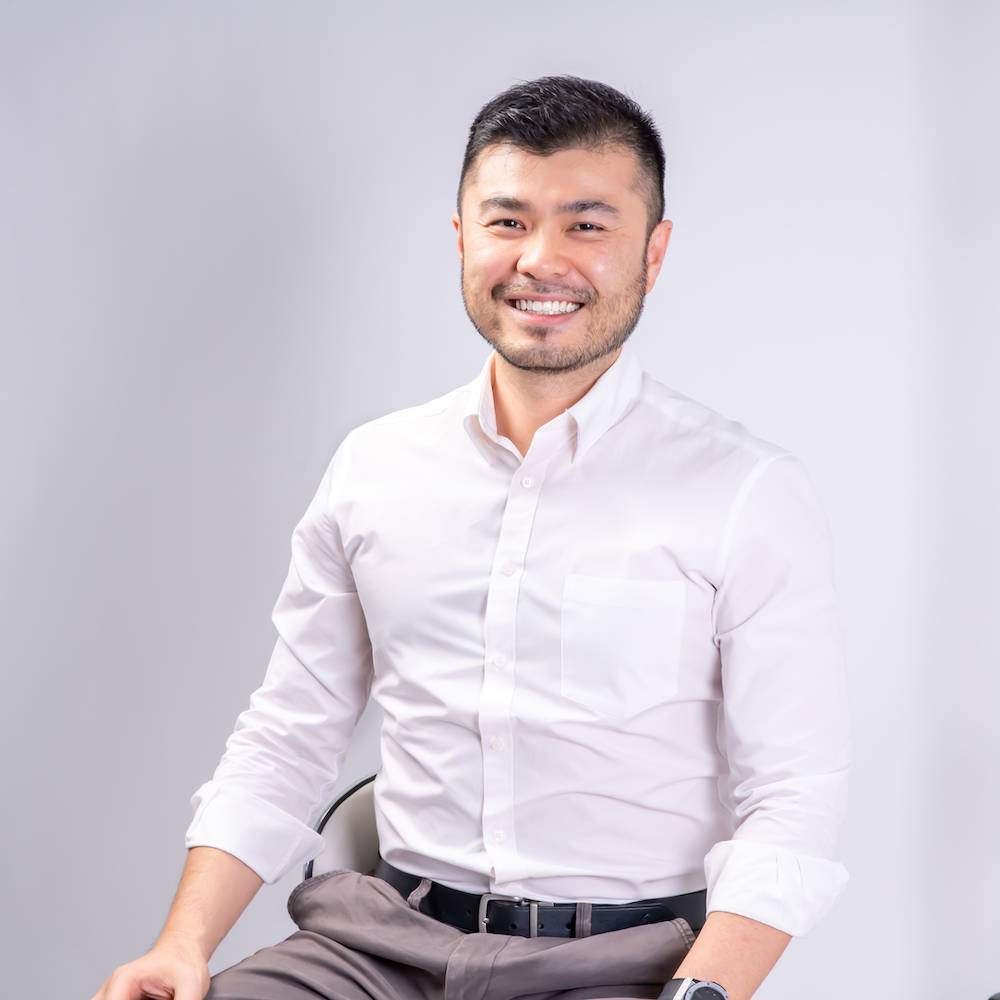
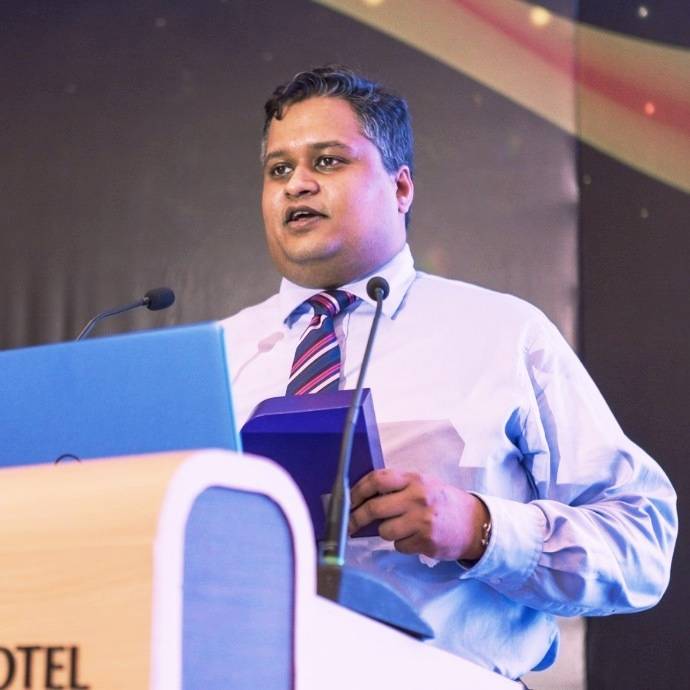

News

Panthers Reunite at the ISKL Alumni Gathering!
Last December, we had the joy of hosting our annual alumni gathering at a popular nightspot in Chinatown, Kuala Lumpur. The event was a beautiful

ISKL’s 2023/2024 Giving Tuesday Campaign Update
On November 28, 2023, the International School of Kuala Lumpur (ISKL) launched its second Giving Tuesday campaign. As a nonprofit school owned by our parents

Empowering Dreams – ISKL’s 2023 Giving Tuesday Campaign
ISKL is a school where care, compassion, and global citizenship are nurtured at every level. We take great pride in our unique spirit that drives

Save the date for Giving Tuesday 2023
🌟 Calling All Panther Alumni: Let’s Make Giving Tuesday Count! 🌟 Remember the moments that made ISKL feel like a second home? The laughter echoing




